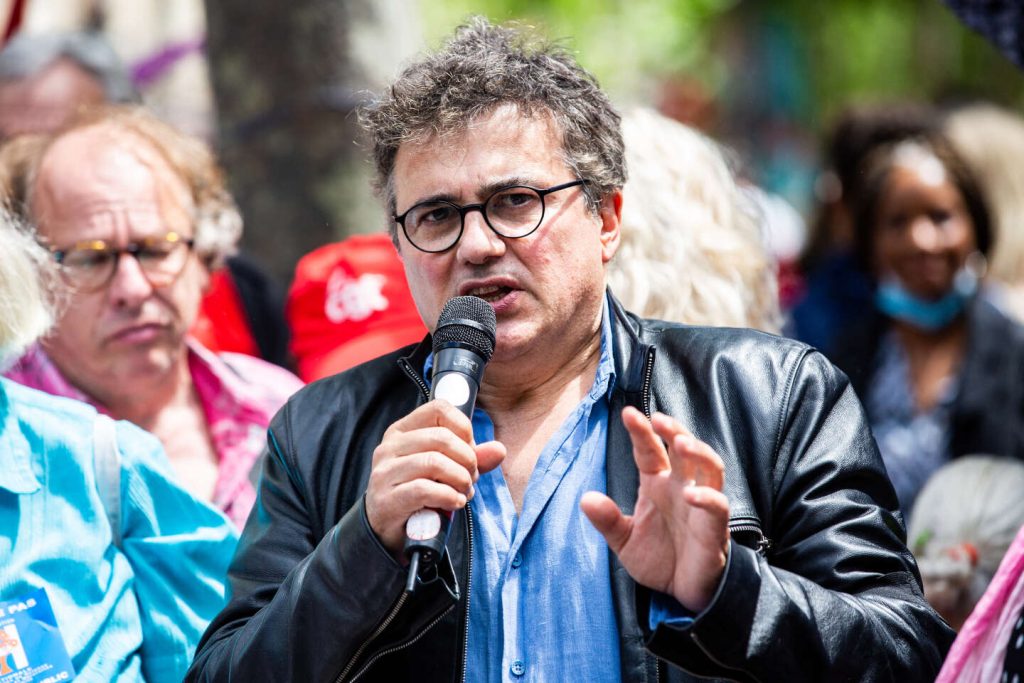In an article published in Paris Match on April 10, infectious disease specialist Karine Lacombe accused emergency physician Patrick Pelloux of moral and sexual harassment, bringing the issue of sexual and sexist violence in hospitals to the forefront. Lacombe, who gained public recognition during the Covid-19 crisis, had previously mentioned a senior doctor with predatory behavior at Saint-Antoine Hospital in Paris in the early 2000s without naming him. She stated that she was not denouncing a specific person, but rather highlighting the systemic nature of sexual harassment in hospitals. Patrick Pelloux, the head of the Association of French Emergency Physicians, denied these accusations, admitting to having been flirtatious in the past but denying any aggression.
The Minister Delegate for Health, Frédéric Valletoux, took to Twitter with the hashtag #metoo to affirm that sexism and sexual violence have no place in hospitals. He announced plans to convene associations, employers, and professionals to address the issue with a comprehensive and firm response. While there is acknowledgment of the existence of sexism and sexual violence in hospitals among practitioners and doctors, there is a reluctance to comment on specific accusations, with a preference for allowing the justice system to handle such matters. The president of the National Union of Anesthesiologist-Resuscitator Hospital Practitioners emphasized the need to consider the context of past actions and comments, particularly from decades ago when a different culture prevailed.
Efforts are being made to support victims of sexual harassment in hospitals, both through existing procedures and new initiatives. Platforms like Clash Anesthesia Resuscitation have been set up for interns to report such incidents. Remi Salomon, head of the Conference of Presidents of Medical Establishment Medical Commission at University Hospitals, highlighted the ongoing need to improve support for victims and raise awareness about the available channels for reporting abuse. Taking into consideration the difficulties faced by individuals in coming forward, particularly within hierarchical structures, efforts are being made to provide educational resources and promote transparency.
The conversation around sexual and sexist violence in hospitals is prompting a broader discussion about changing attitudes and behaviors within healthcare settings. The focus is on creating a safer and more inclusive environment for all individuals, with a commitment to addressing past misconduct and preventing future incidents. The acknowledgment of the problem and the commitment to finding solutions demonstrate a shift towards greater accountability and transparency within the medical community. By actively engaging with these issues, healthcare professionals are working towards a cultural transformation that prioritizes respect, dignity, and equality for all.
The allegations made by Karine Lacombe against Patrick Pelloux have sparked a larger conversation about the prevalence of sexual harassment and violence in the medical field. This has led to calls for a comprehensive response from authorities, including government officials, healthcare organizations, and professional associations. By addressing these issues head-on and implementing measures to support victims and prevent further incidents, the medical community is taking a proactive stance towards creating a safer and more respectful environment for everyone. Through ongoing education, awareness-raising, and advocacy efforts, the goal is to foster a culture of zero tolerance towards sexism and sexual violence in hospitals and other healthcare settings.















